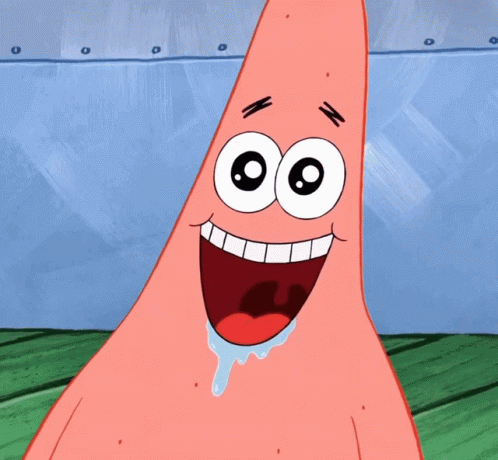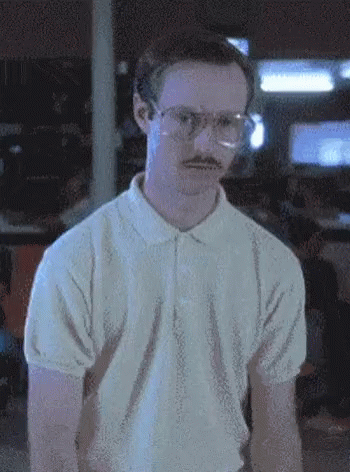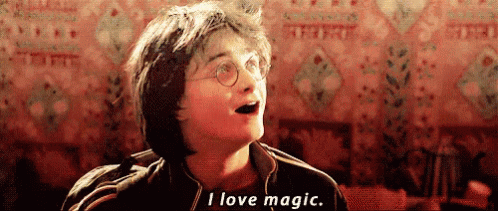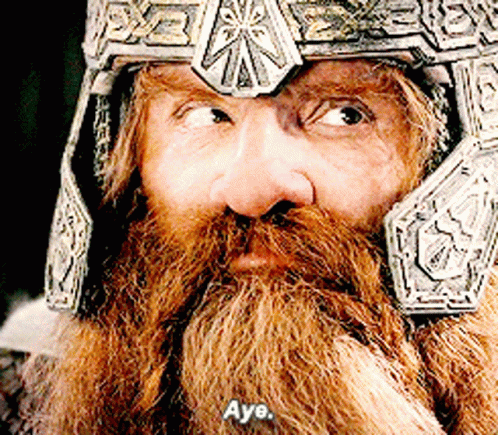Science Building
Note to reader - I am working on making these articles accessible to everyone, even if they have no interest in speculative fiction or never heard of it before.
Sorry if it isn't accessible.
Half of being a philosopher is to explain things well. The other half is to build my articles on existing opinions and thoughts, whether in agreement or disagreement.
Sometimes, I favor one over the other.
I believe there has been a trend towards introducing hardness in fantasy. One way to explain hardness is to look at the depth of the word built.
Paneer that is marinated overnight with great care will have a lasting effect on the reader eater. It may not be seen, but it can be felt.

I remember reading, that in Lord of The Rings, Tolkien had a lot of middle-earth mapped. This would introduce a level of realism to a very fantastical world.
When I read Mistborn, by Brandon Sanderson, I remember liking how deep and mathematically sound his world was. The world was very well designed, with a lot of thought given to the structure of the world, from the mundane to the magical.
I think it's possible to go very deep down the route of designing a world, and something I always wanted to do was design the science of the world.
Initially I was confused, because science is science, no matter the world.
Furthermore, when I started thinking about the fantastical, or the magical, I didn't understand how I could have magic, that is also scientific.
There has been a lot of thought already provided on having rules in magic, and I will link to some articles on this, for you. They are at the bottom of the page.
However, there is one insight I have which will revolutionize the way world-builders think about world building, and that is the way science happens in a fictional world.
The insight is to develop the science of the world, from the perspective of the inhabitants, for an indefinite time period, to the present. This can be done by understanding that science, as a way of understanding the truth, would be the same across any universe.

Where the science would begin to differ, between speculative fiction and earth, is when the boundaries of science and non-scientific things blur. This grey boundary is the fertile ground for building the science of a world.
For a scientist, this boundary would be the unknown, and unexplored, combined with how science is perceived.
For a non-scientific mindset, this might be something very close to divinity, or something magical, but not necessarily divine.
In either case, to find that boundary, one must look at where science ends. For the purpose of speculative fiction, this boundary will be, simply put, culture.
Over time, societies tend to encourage people to change the way they think about thinking. What was once perfect, no longer works. Or what works, becomes a very big problem over time. As needs change, people start to think differently, and start asking different questions.
Going back to my claim of 'revolutionizing the way world-builders think about speculative science', I can now offer evidence.
There is a formula I came up with. I hope to use it in my work, and this is that formula:
Speculative Science = (Real Science - People) over time.
By speculative science, I mean what people (in the novel) consider scientific, when they look at an object in the novel. A classic case would be the wand in Harry Potter.

By real science, I mean our science. Newton's law of motion. The Bernoulli effect. Gravity. Einstein. Einstein's work. The whole body of textbooks, research and cool things that sound cool and I am still trying to understand.
By people, in this equation, I mean loosely, the group the protagonist belongs to.
So in science fiction, that could be the humans, or the aliens. It could be the wizards in Harry Potter, or the dwarfs in the mountains.

By time, I actually mean perception of a society, one that changes over time. Society is an important element here, and I will explain why a second time.
The minus, in the equation, refers to subtraction, over time. By time, like I explained above, I mean the perception of a society - one that changes over time. I didn't mean time time, though that would be cooler. Society is an important element here, and I just explained a second time.
Jokes aside, when we look at the equation now, I hope to convey a sense that speculative science is what is true, at least in our world, that a species really agrees with, or vehemently disagrees with. This agreement or disagreement, happens over time, leading a society towards growth or tragedy by modifying how they think about science.
Given what we know about our earth, it is safe to assume that readers will know the same concepts, either because it is real, or because they are familiar with the idea, irrespective of their views on it.
Once earth science is assumed to be true, a society's view of it will shape the technology / magic that follows, helping the writer create a speculative science.
If wizards in Harry Potter want to hide quidditch grounds from muggles, then they need a spell of concealment and forgetfulness. Muggles have eyes and ears, according to earth science.
Now so far, all I am saying is, earth science can be modified to increase the world building potential. Based on a book I read by Orson Scott Card, this concept seems to exist already in world building culture.
In other words, there is science and applied science. Science that is applied for a societies' needs and desires to make things happen for the cast in a story, becomes applied science.
Societies that deal with problems start becoming interesting when the problems are interesting. A society that wakes up with all the houses missing will stop reading this article, and start wondering what to do about shelter and safety.
Now....where things begin to get really interesting, is when I modify the above formula, as follows:
Speculative Science = (Real Science - People) over time + Speculative Science
Once a society makes something happen, the next similar thing becomes easier.
Computers, internet, personal computers, phones, more internet access, websites, social media, and then, clouds for more access.
Or, in a different timeline, if scientists decided to keep the internet infrastructure private, and a lot of internet things were secrets designed for the few, then that would be a different world too.
As a writer keeps working on the formula, and applying the results both to his world, and the formula itself, over time, a rich world forms.
This world will be internally consistent. If the society is interesting, and faces interesting problems, then that is cool too.
Fleshing the science out, changing how people perceive the science, changing the people, gives the reader a world that's interesting to explore, but is also forgotten in time by the novel's inhabitants.
References
Link to Wikipedia, explaining Tolkien's efforts on world-building.
I saw this video, and I realized how interconnected the world appears. In other words, if the way we think about our world changes, then that's probably true for people in our novels too.
More Studying. Yay.
Link to Brandon Sanderson's 3 laws.
Link to Clarke's 3 laws.
Member discussion